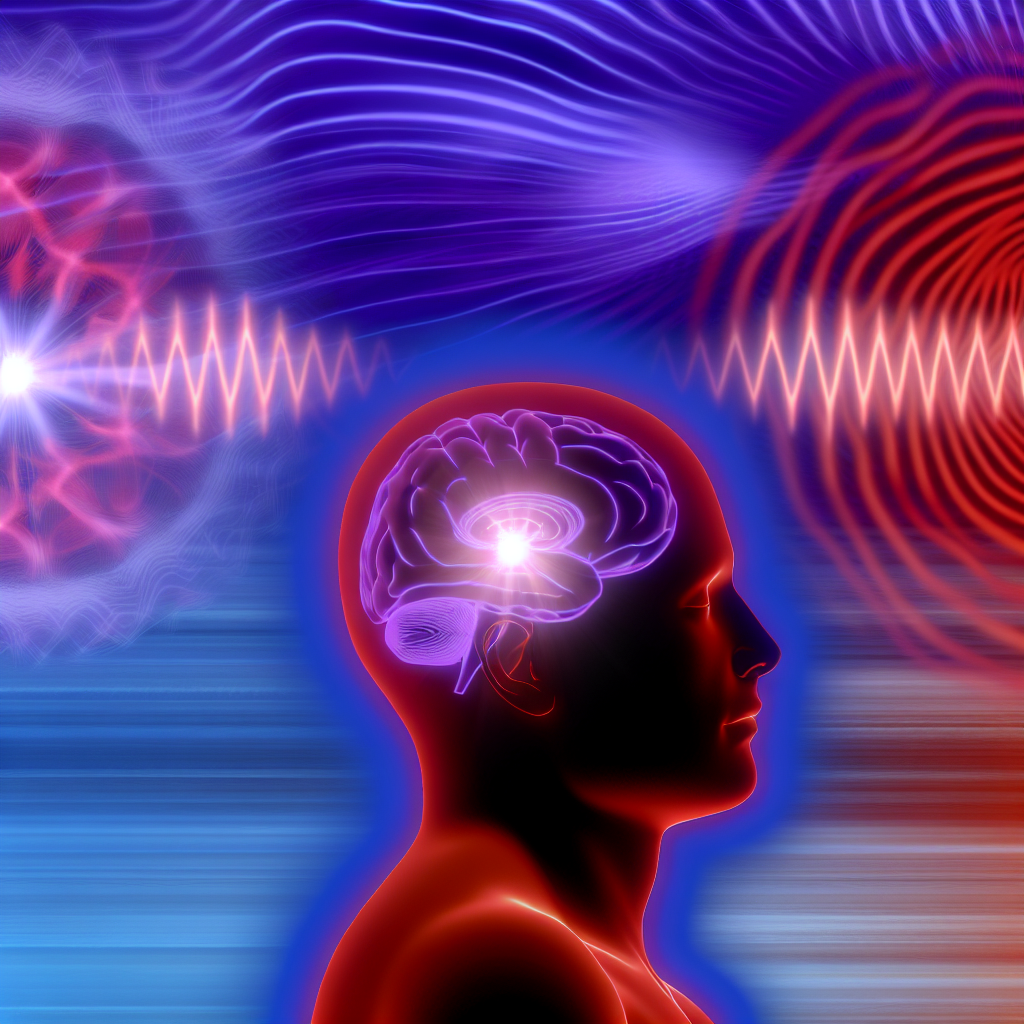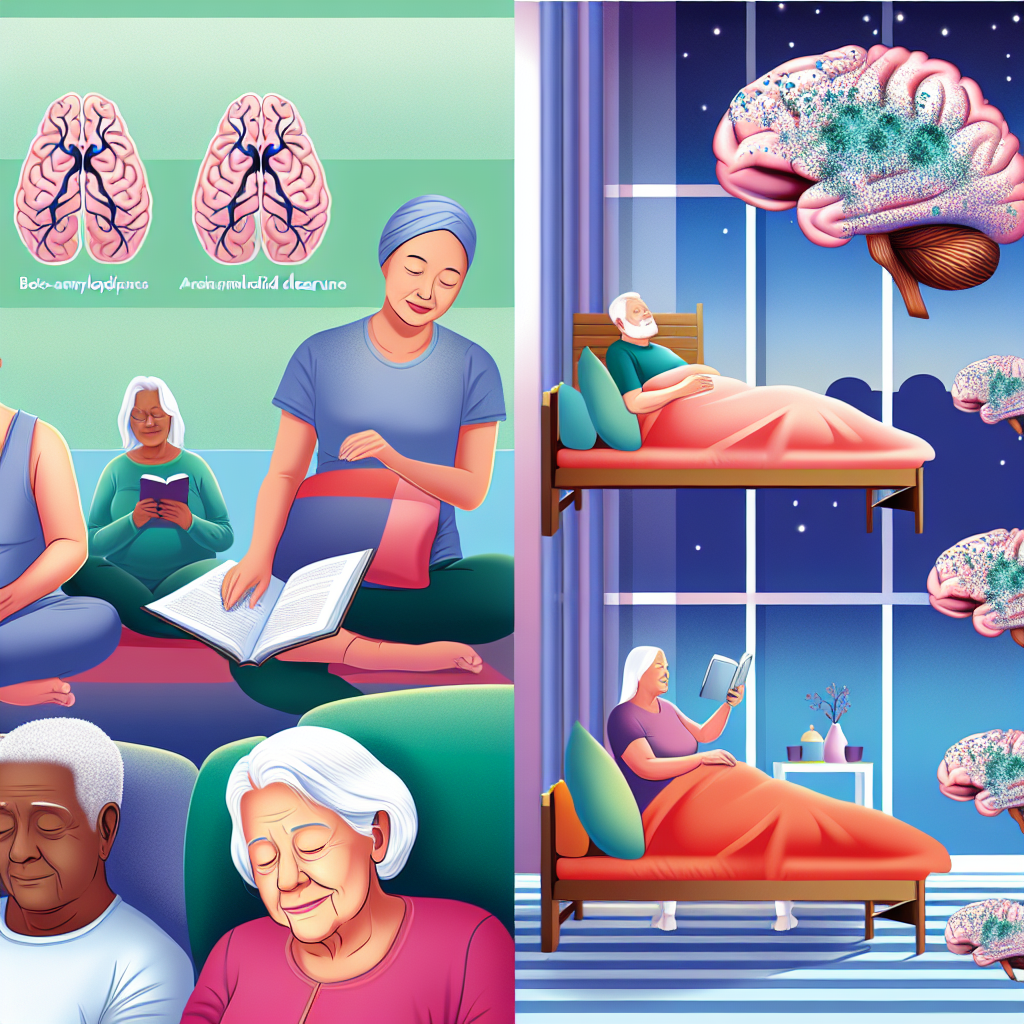Hormones are essential in establishing regular sleep habits. An imbalance or fluctuation in these hormones can cause a variety of sleep disorders, including difficulties becoming asleep, difficulty falling asleep, and frequent awakenings.
Aspects of Hormones That Influence Sleep:
Melatonin, frequently referred to as the “sleep hormone,” regulates the sleep-wake cycle.
Cortisol, primarily known as the stress hormone, should be kept at a low level during the night to facilitate sleep.
In particular, estrogen and progesterone are the sex hormones that affect women’s sleep patterns.
Growth hormone is a crucial component for tissue growth and repair, and it is secreted during deep sleep.
Some of the Common Hormonal Factors That Affect Sleep:
Nighttime Sleep Disturbances and the Menstrual Cycle
Changes in the levels of several hormones, including estrogen and progesterone, occur during the menstrual cycle, which is a complicated physiological process. A woman’s health and well-being, including her sleep habits, can significantly influence the hormonal shifts during pregnancy.
Substantial variation in the levels of estrogen and progesterone can occur during the premenstrual phase, which normally occurs in the days before the beginning of menstruation.
This hormonal imbalance can frequently result in a wide range of medical and psychological symptoms, one of which is sleep disruptions.
During the premenstrual phase, progesterone levels decrease, which can contribute to a number of challenges, including trouble falling asleep, disturbed sleep, and increased waking throughout the night.
Sleep quality can be negatively impacted by thyroid problems.
Fluctuations in estrogen levels can cause insomnia, excessive daytime sleepiness, and disruptions in circadian rhythms, which can also affect the quality and duration of sleep.
These sleep problems can make other premenstrual symptoms worse, such as mood changes, irritability, and heightened anxiety or stress, which can further exacerbate the condition. The inability to get sufficient sleep can lead to a vicious cycle in which sleep problems compound the physical and emotional discomforts experienced throughout the premenstrual phase.
Women need to be conscious of the potential relationship between their menstrual cycle and sleep difficulties. If they understand the hormonal variations that occur during their menstrual cycle and the impact these fluctuations have on their sleep, women can explore numerous techniques to manage their sleep troubles and enhance their general well-being during the various phases of their menstrual cycle.
Changes in hormone levels during pregnancy can disrupt sleep patterns, resulting in insomnia or excessive daytime sleepiness.
The menopause is characterized by a decrease in estrogen levels, which frequently causes hot flashes and nocturnal sweats, which in turn disrupt sleep.
Sleep quality can be negatively impacted by thyroid problems, specifically overactive or underactive thyroid glands.
The body’s natural circadian rhythm and hormone synthesis are disrupted when shift work is performed.
One thing that should be considered is that the interaction between hormones and sleep is frequently a two-way street. Disrupted sleep can also have a detrimental impact on hormone levels, which can create a vicious cycle.

Dominic E. is a passionate filmmaker navigating the exciting intersection of art and science. By day, he delves into the complexities of the human body as a full-time medical writer, meticulously translating intricate medical concepts into accessible and engaging narratives. By night, he explores the boundless realm of cinematic storytelling, crafting narratives that evoke emotion and challenge perspectives.
Film Student and Full-time Medical Writer for ContentVendor.com




